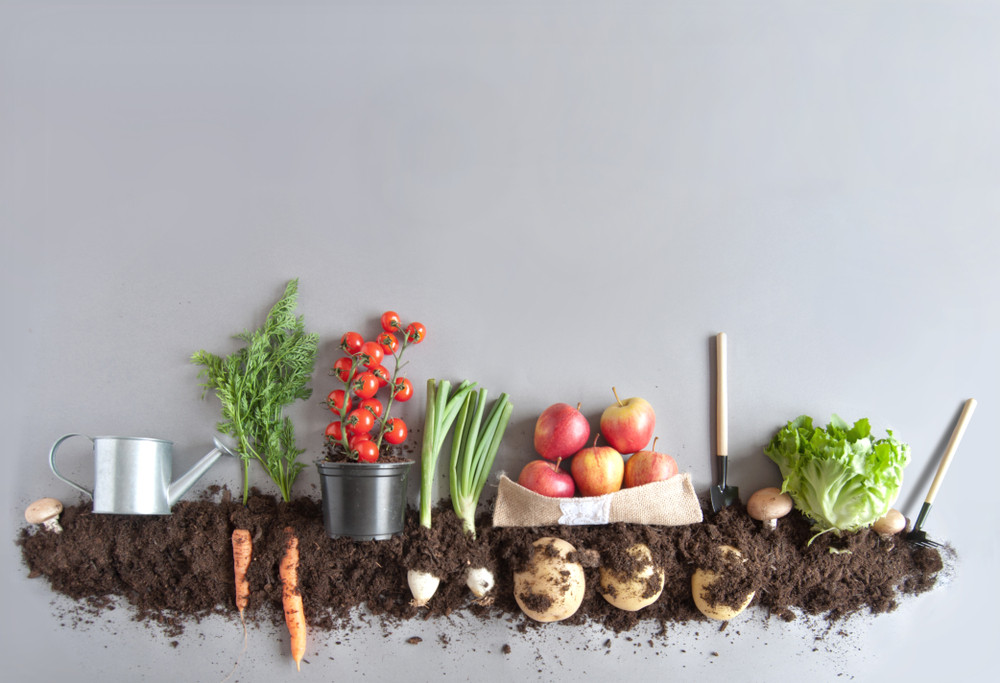Popular Reads
Top Results
Can't find what you're looking for?
View all search resultsPopular Reads
Top Results
Can't find what you're looking for?
View all search resultsFestival encourages communities to embrace composting
Eco-friendly program Kota Tanpa Sampah recently launched a virtual seminar to encourage composting culture.
Change text size
Gift Premium Articles
to Anyone
A
gainst the backdrop of the current climate crisis, individual efforts to be sustainable seem to be more important than ever. An example of this is the practice of composting. As reported by the United States Environmental Protection Agency (EPA), composting can lead to lower methane emissions from landfills as well as reducing one’s carbon footprint and the need for chemical fertilizers.
This is the reason behind Festival Kultur Kompos 2020 (Composting Culture Festival), the recent creation of Kota Tanpa Sampah (City Without Trash), which aims to educate communities about how to take up composting along with its benefits.
Kota Tanpa Sampah is a program created by LabTanya, an ecologically minded studio design organization that aims to encourage various research methods among urban communities. The program champions zero waste living culture and has tackled issues such as sustainable clothing beside composting.
The virtual festival was split into various discussions, presented by an array of guests with different expertise. One particular discussion explored the main three composting techniques: using a compost bin, biopore composting holes and using a composting sack.
Read also: Grow your own: Urban farming flourishes in coronavirus lockdowns
Techniques for using a compost bin and composting sack are relatively similar, as both require starting your compost on bare earth to allow worms and other beneficial organisms to aerate the compost. Then one can start laying twigs to add drainage and later on adding compost materials in layers, alternating between moist and dry. To get the best results, the compost should be covered to retain moisture and heat. The benefits of both techniques include a low budget, convenience and the lack of a pungent smell.
On the other hand, using biopore composting holes includes facilitating the manufacture by softening the soil and flushing water in the area where the biopore is made. Then, one should lubricate the ground perpendicular to the ground drill and make a hole about 1 meter deep with a diameter of about 30 cm.
Later on, insert the composting pipe and fill holes with organic waste such as kitchen scraps, leaves or grass. Finally, one can close the hole with an iron wire. Although it may seem challenging, using biopore holes can be beneficial. Its advantages include enriching the soil it is planted on along with recycling organic waste at home.
The seminar also delved into general tips and advice for viewers who were looking into composting techniques. The speakers encouraged viewers to experiment with various composting methods to find out which one would work best for them.
The seminar ended on a note about encouraging composting as a cultural norm. As encapsulated by environmental and feminist activist Westiani Agustin: “I perceive the earth to be my home and thus it should be treated with my utmost care. Therefore, I believe that composting is my duty to give back to nature after reaping its benefits.” (wng)
---------------
The writer is an intern at The Jakarta Post.











